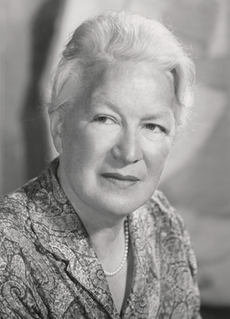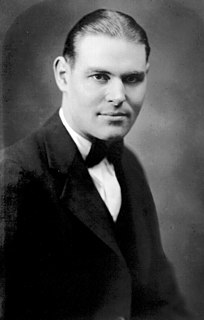A Quote by Rod Lurie
There seems to be an interest in connecting the history of the past to the present and asking whether things have really changed. Films like 'The Contender' and 'Bulworth' seem quaint compared with Trump!
Related Quotes
I am interested in the past. Perhaps one of the reasons is we cannot make, cannot change the past. I mean you can hardly unmake the present. But the past after all is merely to say a memory, a dream. You know my own past seems continually changed when I am remembering it, or reading things that are interesting to me.
History in Burckhardt's words is 'the record of what one age finds worthy of note in another.' The past is intelligible to us only in light of the present; and we can fully understand the present only in light of the past. To enable man to understand the society of the past and to increase his mastery over the society of the present is the dual function of history.
After school, I went to Damascus to study law and history, which I didn't really like. I didn't like history, in particular. In Syria, the regime was trying to present to us a distorted version of the past. Assad was shown as the father of history. So I decided to shift to film, which was something I had always loved as a teenager.
I look back and think of all the times I've had to let things go in the past, and how traumatic it seemed while it was happening, but how my understanding of it changed as time passed - and oftentimes things that seem really difficult and traumatic in the short term seem a lot less difficult and traumatic in the long term. So I remind myself of that.
History is the art of making an argument about the past by telling a story accountable to evidence. In the writing of history, a story without an argument fades into antiquarianism; an argument without a story risks pedantry. Writing history requires empathy, inquiry, and debate. It requires forswearing condescension, cant, and nostalgia. The past isn’t quaint. Much of it, in fact, is bleak.
All normal human beings are interested in their past. Only when the interest becomes an obsession, overshadowing present and future conduct, is it a danger. In much the same way healthy nations are interested in their history, but a morbid preoccupation with past glories is a sign that something is wrong with the constitution of the State.
I feel history is more of a story than a lesson. I know this idea of presentism: this idea of constantly evoking the past to justify the present moment. A lot of people will tell you, "history is how we got here." And learning from the lessons of history. But that's imperfect. If you learn from history you can do things for all the wrong reasons.






































